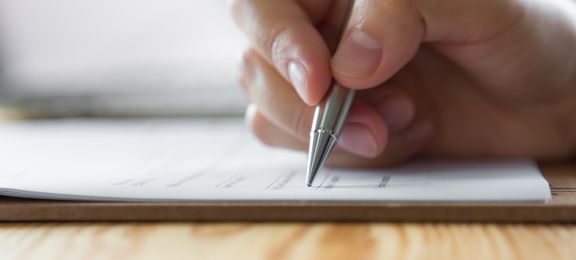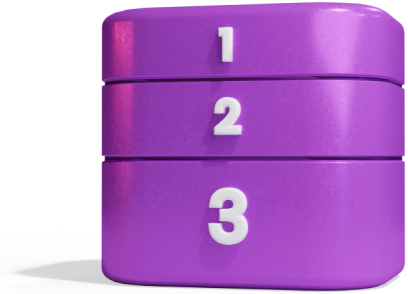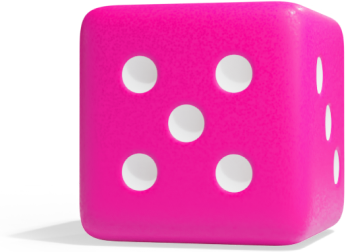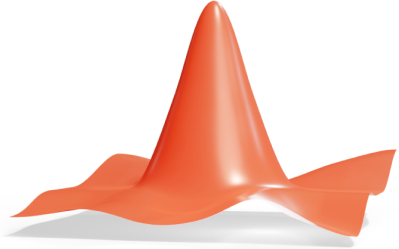
How to Prepare for a Written Exam

As you progress in school or your studies, exams tend to get more advanced. Written exams usually last longer than verbal ones and can be more challenging to get through. Written exams assess more than just your knowledge, they assess your time management ability, your eloquence of writing, your ability to reflect and draw parallels between topics, and much more. Here are some tips on how to prepare for a written exam.
Time Management
Start your preparations from day one. Do not rely on the last days as you must be familiar with a lot of material which takes more than a few days. The last days should be focused on revision of the course content rather than learning new material. Direct the most productive time of the day towards studying. Try to study right after a relaxing session to make the best out of your fresh mind. Make sure to condense your notes into smaller concept maps to take a last-minute look before the exam.
Flexibility
Make sure to read additional content besides what is written in the slides or the main course book. This can provide you with fresh perspectives, and maybe even a better understanding of the subject. Any additional sources may include blogs, articles, referenced books, internet videos and even tools dedicated to study on the internet.
Papers
If you are writing on STEM, the best practice for you is to cite papers related to your work. Make sure to keep yourself updated on the recent work related to that subject and use scientific facts and proof to back up your point rather than using vague statements. For example, if you are writing a paper about Einstein’s achievements, cite his own works, such as the papers about the theory of relativity.
Past Exams
A great way to get a better understanding of what to expect is to look at past exams, if you have access to any. Ask your seniors or teacher for the question papers and try to solve them. The first few times, you can use aids and don’t need to look at the time, but it could be good practice to go through an exam or two without using a book or any additional aid, and also trying to limit the time to the same amount you will have at the real exam.Then you get an understanding of how you would perform in the actual exam. An additional advantage would be that some teachers repeat questions when making an exam. So if you work through several past exams, you will become fairly acquainted with the format, and maybe also some of the tasks that appear often.
Discussions
Want to test yourself? Try discussions with teachers and colleagues. Often teachers encourage students to discuss the curriculum with them. Some even dedicate office hours besides class time to visit them and discuss any issues. Use this time to discuss any past exams or tests you might have taken. Ask them about your mistakes and how you can make them better. Consider teaching your colleagues as if you were a teacher. This gives you clarity and a better command on the subject.
Study Tools
The internet is full of tools to help you better prepare for exams. Consider using recorded lectures online, visual aids such as presentations and animations and online quizzes to better understand a concept. You can even hire a tutor from House of Math. Consider reading blogs and articles such as how to improve your memory and how to make better notes or even prepare for the exam days.
Study Plan
By failing to plan, you are planning to fail. Make a solid plan on how you are going to prepare for the exam. Prioritize what needs the most attention. Writing down the plan will be advantageous as it reminds you constantly of what is next. Consider using highlighters of various colors to indicate the level of importance.
Take a Break
It may seem that the most productive way to prepare for an exam is by working continuously without a break, but that’s not the case. Studies have shown that the human mind is not capable of focusing for long periods of time. Instead, take a scheduled break after a focused session. A good rule of thumb is to take a break of 15 minutes after every 60 minutes of study. If you prefer shorter sessions, you can use the Pomodoro technique, which is 25 minutes of studying, followed by a 5 minute break, and a 15 minute break after four 25 minute-sessions.
Make sure to not to do anything that might stress your mind during the break. Do something that relaxes your mind, maybe take a walk, or drink some coffee. Try to take a break from the screen, this includes your phone. A fresh mind will go a long way towards better study practices.
What to Do During Exam?
We looked at what to do before a written exam. Now let us look at what to do during an exam to soar through it.
· Read the instructions carefully. Know what is mandatory and which questions have the highest marks so you may prioritize their time.
· Make an overview of the exam questions, note how many marks you get, difficulty and if you know the topic. (Recommended if you have enough time) The questions with higher marks should be prioritized first.
· Proofread after you are done. Often many mistakes come across you when you take a second look at the exam after you are done.
· Take a break and relax. This freshens up your mind to perform during the rest of the exam.
· Do not spend too much time on a single question. If you seem to forget something, move on to the next one. Chances are you will remember it while attempting the next questions.
Take a look at our tips for a written exam to read more about this. We hope you found some useful tips!

















